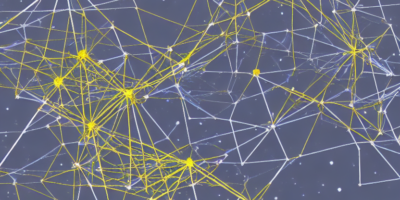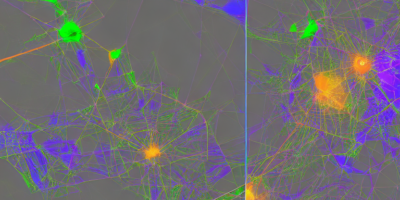In this study, researchers investigated the effectiveness of incorporating knowledge of early room reflections in audio source separation algorithms. Early room reflections refer to the sounds that bounce back into the room after they have traveled through the space. These reflections can significantly affect how our brains perceive sound, especially when it comes to distinguishing between different sources.
The study used a combination of simulations and experiments to evaluate the performance of audio source separation algorithms in different scenarios. In the simulation part, researchers created digital rooms with various echoes and tested their algorithm on those rooms. They found that their algorithm was able to separate signals better when applied to rooms with more echoes.
For the experiment part, they recruited 12 participants and asked them to rate the quality of three audio signals played back in different scenarios. The results showed that the algorithm significantly improved the separation of sound when early room reflections were incorporated. This indicates that our brain’s ability to perceive sounds more accurately can be enhanced by using algorithms that consider these early reflections.
The study demonstrated that the incorporation of knowledge about early room reflections in audio source separation algorithms can significantly improve their performance, especially when applied to noisy environments or situations where there are multiple sources of sound. This has important implications for applications such as speech recognition and music processing. By utilizing this technique, we can create more sophisticated algorithms that better mimic the way our brain processes sound in everyday life.
The findings also highlight the importance of understanding how our brain perceives sounds in different environments. By studying the neural mechanisms underlying auditory perception, researchers can develop more effective algorithms for audio source separation and enhance our overall ability to understand and interpret complex soundscapes.
In conclusion, this study contributes to our understanding of the role of early room reflections in human perception and demonstrates how incorporating this knowledge into audio source separation algorithms can significantly improve their performance. The findings have implications for various applications, including speech recognition and music processing, and highlight the importance of considering the neural mechanisms underlying auditory perception when developing these algorithms.
Audio and Speech Processing, Electrical Engineering and Systems Science
Enhancing Spatial Perception through Early Room Reflections Incorporation



